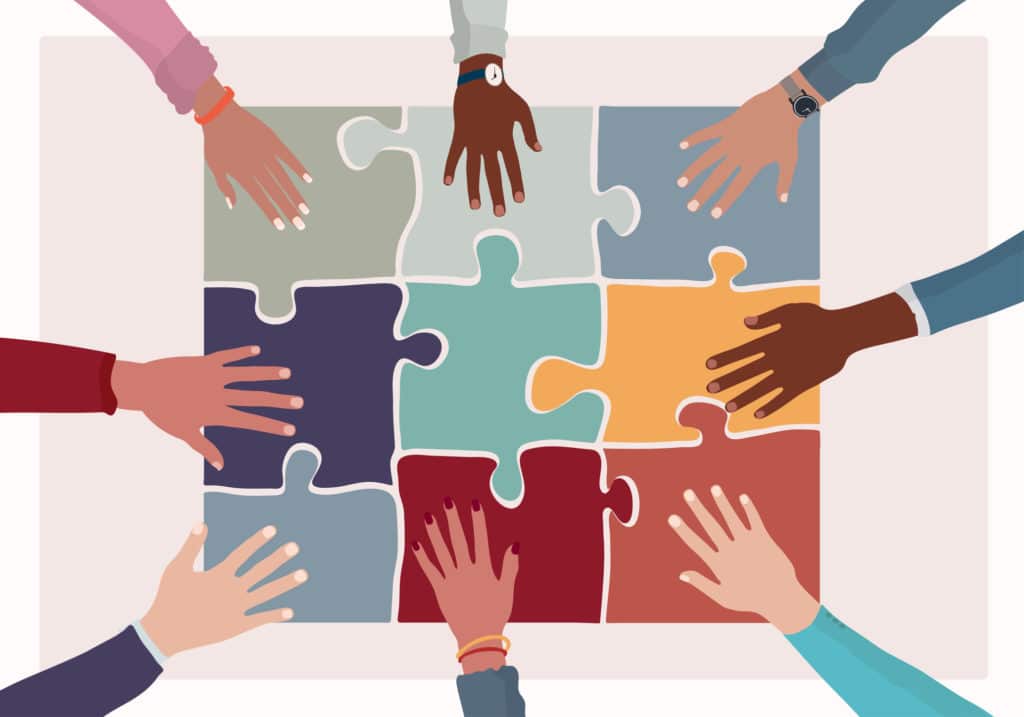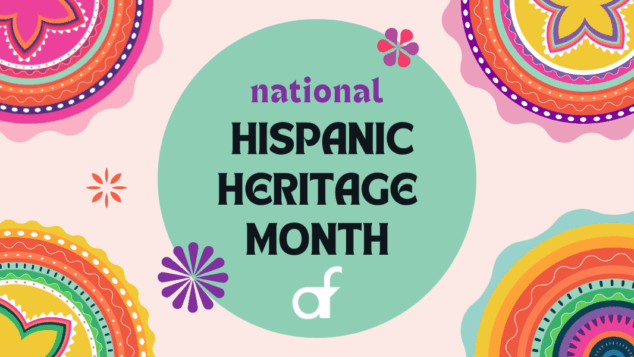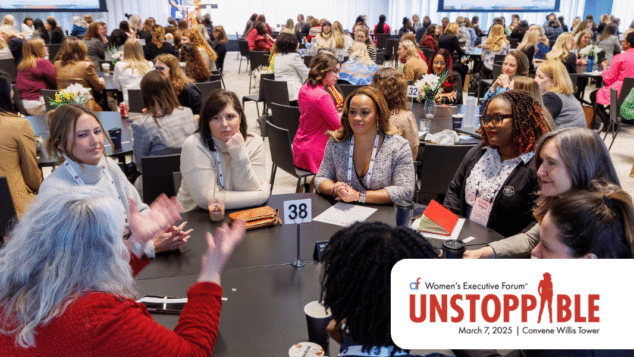DEI for Leaders: Creating a Culture of Learning


Debbie Trueblood, MSW, IOM, CAE
Note: This article originally appeared on the blog of Association Management Center (AMC). Thank you to Debbie Trueblood and the AMC team for allowing FORUM to republish it.
Many associations have recently begun their diversity, equity, and inclusion (DEI) journeys, or double downed on their DEI efforts in significant ways. This has been a long time coming and it is an important evolution of the value associations bring to our industries and professional communities. But, for many leaders this may be a new part of their role and possibly something they are unprepared, untrained, or inexperienced in. This can lead to a gap between the readiness of an association to step into this space and the comfort and confidence of the association’s leaders.
But, in 2022, DEI work is no longer something that a leader can choose to “opt out” of. DEI is now firmly a required component of leadership skills. For leaders, it takes training, confidence in uncomfortable conversations, and emotional intelligence to navigate through complicated issues with a nuanced and informed approach.
- Attend trainings and learn as much as you can to increase your own competency in DEI
- Create an action plan for your organization that operationalizes DEI across every department and every program
- Normalize difficult conversations to model openness and humility within your organization
- Check out Association Forum’s Welcoming Environment Resource Kit for more tools to increase your DEI skillset
As leaders, we have always been responsible for setting the tone and culture of the association both internally and externally as well as showing our consistent commitment to the association’s values. We are now responsible, in a deeper way, for ensuring a culture of trust, an openness to learn, and a desire to improve on DEI related issues. Additionally, we need to commit to breaking down barriers for advancement throughout the association, the leadership pipeline, the industry or professional community we serve, and even the training programs for future professionals in our industry. All while maintaining all the other areas of focus we had before.
Leadership is sometimes challenging. We learn new skills, we find ourselves in areas where we lack expertise, and we find ourselves at times in uncomfortable conversations. Creating a learning, evolving culture takes intention, trust building, and a desire to improve. It is our job as leaders to create and support that shift in thinking. All of us have the ability to learn, the opportunity to evolve, and the necessity to lead others through a changing environment.
Curious how to have difficult conversations? Stay tuned for a follow-up article later this week!
Tags
Related Articles
Celebrating Hispanic Heritage Month with Association Latinos
How to celebrate Hispanic Heritage Month within the association community and Chicago!
Tips for Creating a Welcoming Meeting Environment
Creating a truly inclusive annual meeting means going beyond ADA compliance—discover how one association builds...
POV: My First Time at Women’s Executive Forum™ Was Inspiring and Invigorating
A first-time attendee of the Women’s Executive Forum 2025 reflects on the event’s inspiring energy,...






